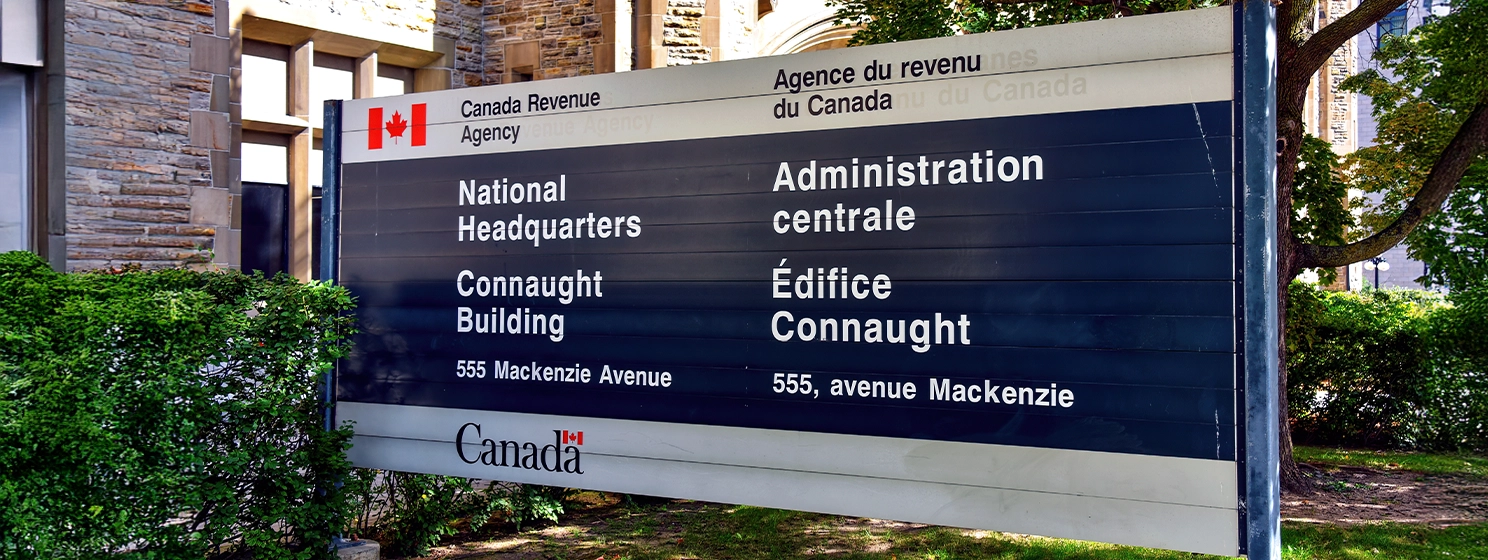|
Getting your Trinity Audio player ready...
|
Economic crises, whether sparked by natural disasters, political turmoil, or global pandemics, reveal the vulnerabilities of traditional financial systems. Hyperinflation, currency devaluation, and disrupted banking services often leave populations struggling to access basic necessities, especially in developing economies.
BSV, with its highly scalable blockchain and ultra-low-cost micropayments, offers a transformative solution to stabilize economies during such crises. By enabling fast, secure, and inexpensive transactions, BSV supports financial inclusion, streamlines humanitarian aid, and enhances government responses, fostering resilience in vulnerable regions.
This article explores how BSV’s micropayment capabilities can stabilize economies in crisis, leveraging its technical strengths and real-world applications.
The impact of economic crises
Economic crises severely disrupt access to essential goods, services, and financial systems. In hyperinflationary scenarios, such as Venezuela’s 1.7 million percent inflation rate in 2018, local currencies lose value rapidly, eroding savings and purchasing power. Banking infrastructure often collapses, leaving the unbanked, approximately 1.4 billion people globally, without viable alternatives. Traditional remittance services, vital for many developing economies, become costly, with fees averaging 7% per transaction. These challenges disproportionately harm low-income communities, deepening poverty and inequality.
BSV counters these issues with its high-throughput blockchain, which is capable of processing millions of transactions per second at fees as low as $0.00001. Unlike traditional financial systems, BSV operates without intermediaries, ensuring instant, irreversible transactions on an immutable ledger. This makes it ideal for delivering aid, facilitating essential transactions, and restoring economic stability in crisis-affected regions.
Micropayments: Empowering the unbanked
Financial inclusion is critical for economic stability, and BSV’s micropayment capabilities are uniquely positioned to serve the unbanked. Banking services often become inaccessible during crises, forcing reliance on cash or informal networks. BSV’s digital wallets, such as RockWallet, require only a smartphone and internet access, enabling anyone to send and receive funds instantly. This is particularly impactful in regions where physical bank branches are unavailable, or currencies are unstable.
For instance, in a crisis like Zimbabwe’s hyperinflation in the 2000s, BSV could enable individuals to transact in stable-value tokens pegged to assets like the U.S. dollar, bypassing volatile local currencies. Micropayments facilitate small, frequent transactions, such as purchasing food or paying for utilities, without the high fees of traditional systems. This ensures that individuals can meet their daily needs, preserve economic activity, and reduce dependence on unreliable markets.
Remittances, which exceed $700 billion annually and are critical for developing economies, also benefit from BSV’s low fees. High costs from providers like Western Union (NASDAQ: WU) often erode these funds. BSV’s near-zero transaction fees ensure more money reaches recipients, directly supporting families and local economies. For example, a worker in a crisis-hit region could receive $50 from abroad without losing a significant portion of the fees, increasing their ability to afford essentials.
Streamlining humanitarian aidEfficient delivery of humanitarian aid is vital during crises, yet traditional systems often face high administrative costs, delays, and fraud risks. BSV’s transparent ledger and micropayment system enable direct, trackable transfers to recipients, minimizing intermediaries. Non-profits can distribute micro-donations, as little as a cent, ensuring funds reach those in need quickly and transparently.
The Charity Wall platform, built on blockchain technology, illustrates this potential. During the COVID-19 crisis, it facilitated transparent donation flows, allowing donors to track contributions in real time. BSV’s scalability supports high volumes of micro-donations, enabling rapid emergency response. In a refugee crisis, for example, aid organizations could send small, frequent payments for food, medicine, or shelter directly to digital wallets, reducing waste and ensuring accountability. BSV’s immutable ledger minimizes corruption risks, fostering trust among donors and recipients.
Enhancing government response and transparency
Governments in crisis often struggle to distribute welfare benefits efficiently due to bureaucratic inefficiencies or fraud. BSV’s micropayments enable direct, instant transfers to citizens, bypassing costly intermediaries. In a natural disaster, governments could send micro-stipends for essentials like food or housing directly to digital wallets, ensuring rapid relief. A U.K. pilot project explored blockchain for welfare tracking, demonstrating how transparent ledgers can monitor fund usage while preserving privacy through anonymized data. BSV’s scalability makes this approach feasible on a national scale, reducing fraud and administrative costs.
Additionally, BSV can stabilize economies by supporting digital currencies or tokens backed by stable assets. In hyperinflationary crises, governments could issue BSV-based tokens pegged to commodities like gold, providing a reliable medium of exchange. This could restore confidence in local economies, encouraging spending and stabilizing markets.
Challenges and the path forward
Despite its potential, BSV faces challenges in crisis settings. Though increasingly widespread, Internet access remains limited in some regions, requiring infrastructure investment. Digital literacy is another barrier, necessitating education campaigns to teach users how to use blockchain wallets. Regulatory uncertainty may also hinder adoption, as governments may resist decentralized systems. Collaboration between BSV developers, governments, and NGOs is essential to address these issues.
Security and privacy are critical considerations. While BSV’s ledger is secure, protecting users from scams and ensuring privacy in welfare tracking require robust protocols. Advances in anonymization techniques can help balance transparency with data protection, ensuring regulation compliance.
A new foundation for stability
BSV’s micropayment capabilities provide a powerful tool for stabilizing economies in crisis. By fostering financial inclusion, streamlining humanitarian aid, enhancing government efficiency, and supporting economic participation, BSV addresses the root causes of economic instability. Its low fees, high scalability, and transparent ledger make it a transformative solution for regions where traditional systems falter. BSV offers a blueprint for resilience as economic volatility increases globally, empowering communities to navigate crises with greater security and equity. The future of economic stability lies in decentralized, accessible, and efficient systems—and BSV is paving the way.
Watch: Micropayments are what are going to allow people to trust AI

 12-14-2025
12-14-2025 





